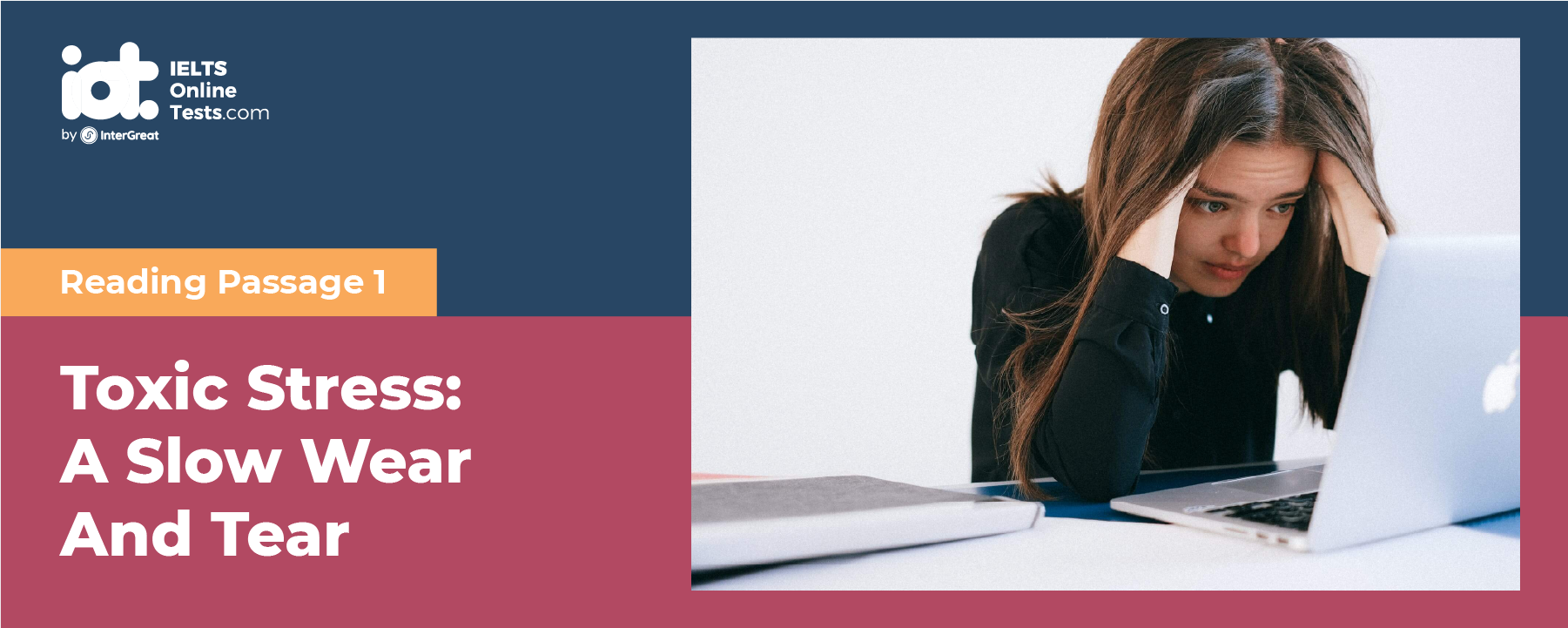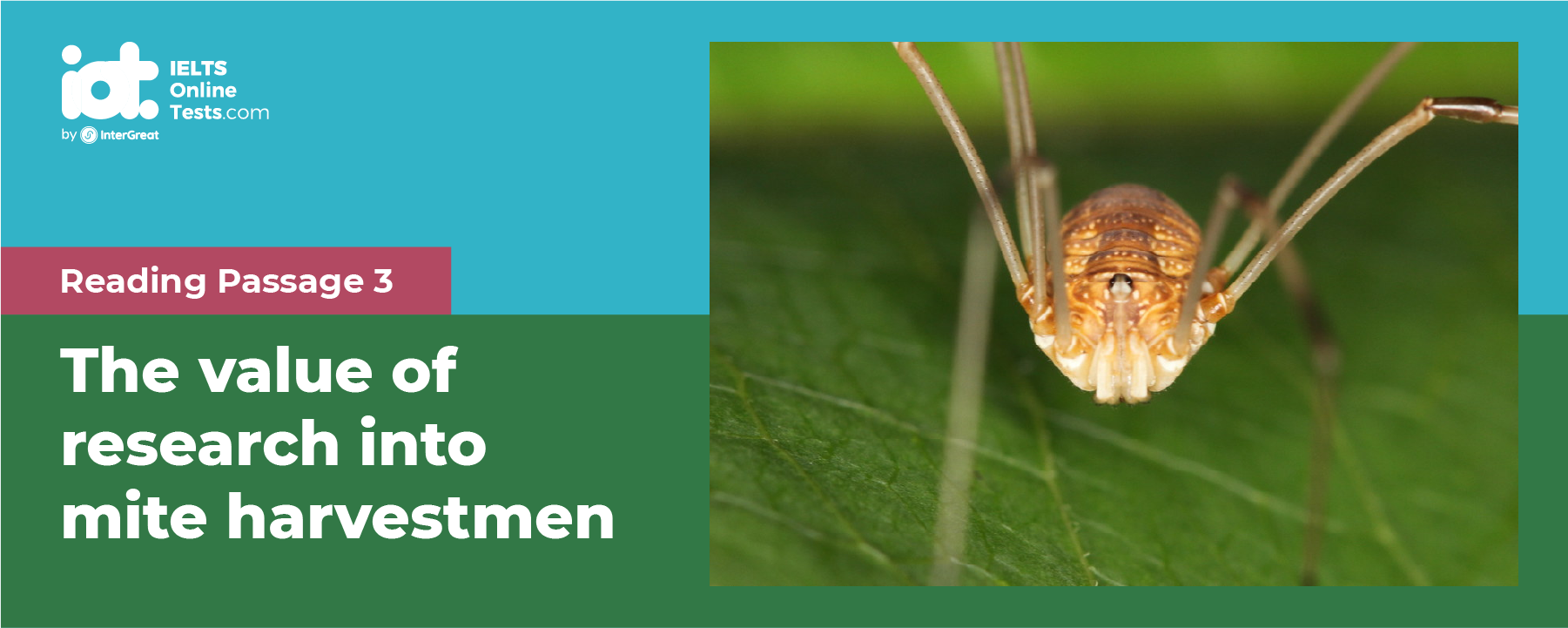
IELTS Mock Test 2024 February
- Published on: 07 Sep 2023
- Tests taken: 2,302,220
Answer Keys:
Part 1: Question 1 - 13
- 1 v
- 2 ii
- 3 iv
- 4 vii
- 5 i
- 6 iii
- 7 TRUE
- 8 FALSE
- 9 NOT GIVEN
- 10 B
- 11 A
- 12 D
- 13 C
- 1 v
- 2 ii
- 3 iv
- 4 vii
- 5 i
- 6 iii
- 7 TRUE
- 8 FALSE
- 9 NOT GIVEN
- 10 B
- 11 A
- 12 D
- 13 C
Part 2: Question 14 - 26
- 14 D
- 15 D
- 16 C
- 17 C
- 18 B
- 19 D
- 20 A
- 21 B
- 22 (the) royal antelope
- 23 (the) auroch
- 24 long, splayed hooves
- 25 arid deserts
- 26 (the) pronghorn
- 14 D
- 15 D
- 16 C
- 17 C
- 18 B
- 19 D
- 20 A
- 21 B
- 22 (the) royal antelope
- 23 (the) auroch
- 24 long, splayed hooves
- 25 arid deserts
- 26 (the) pronghorn
Part 3: Question 27 - 40
- 27 C
- 28 D
- 29 B
- 30 A
- 31 D
- 32 A
- 33 NO
- 34 YES
- 35 NOT GIVEN
- 36 NOT GIVEN
- 37 H
- 38 D
- 39 A
- 40 I
- 27 C
- 28 D
- 29 B
- 30 A
- 31 D
- 32 A
- 33 NO
- 34 YES
- 35 NOT GIVEN
- 36 NOT GIVEN
- 37 H
- 38 D
- 39 A
- 40 I
Review & Explanations:
Questions 1-6
The reading passage has six paragraphs, A-F.
Choose the correct heading for each paragraph from the list of headings below.
Write the correct number (i-vii) in boxes.
| List of Headings | |
| i | The controversy around the word “toxic” |
| ii | Effects of different types of stress |
| iii | How to protect children from toxic stress |
| iv | An association of adverse experience with health problems and unhealthy habits |
| v | Body’s reactions in response to the perceived harmful event |
| vi | Signs of being under sustained stress |
| vii | Negative impacts of toxic stress on children’s mental health |
1 Paragraph A
2 Paragraph B
3 Paragraph C
4 Paragraph D
5 Paragraph E
6 Paragraph F
- 1 Answer: v
Paragraph A describes the body's responses during stress, aligning with the heading about body's reactions in response to a perceived harmful event.
Our bodies are built to respond... This combination of reactions to stress is also known as the "fight-or-flight" response...
- 2 Answer: ii
Paragraph B explains various stress effects on child development and its classification, aligning with effects of different types of stress.
But our bodies sometimes react in the same way to more mundane stressors, too.... The effects are... can be buffered by the support...
- 3 Answer: iv
Paragraph C correlates adverse childhood experiences with health issues, corresponding with adverse experience and health problems.
two researchers, Vincent Felitti and Robert Anda, pioneered in publishing a study... was more likely to have serious health problems...
- 4 Answer: vii
Paragraph D discusses the burden of sustained stress and consequences on children, matching with signs of sustained stress.
A brain that thinks it is in constant danger... can manifest later as problems...
- 5 Answer: i
Paragraph E debates the appropriateness of the term "toxic", aligning with controversy around the word “toxic”.
Toxic is a loaded word... Critics say the term is inherently judgmental...
- 6 Answer: iii
Paragraph F outlines supportive prevention methods for managing toxic stress, fitting with how to protect children from toxic stress.
Most effective prevention for toxic stress... ensure love and support from a parent...
Questions 7-9
Do the following statements agree with the information given in Reading Passage?
In boxes 7-9 on your answer sheet, write:
| TRUE | if the statement agrees with the information |
| FALSE | if the statement contradicts the information |
| NOT GIVEN | If there is no information on this |
7 Felitti and Anda were the first to show that ACEs create impacts regarding health and habits later on in life.
8 Some children have the same level of vulnerability to stressful events.
9 Several paediatricians consider poverty and racism the primary contributors to toxic stress.
- 7 Answer: TRUE
The passage states Felitti and Anda were the first to show the link between adverse childhood experiences and later health issues, aligning with the statement.
In 1998, two researchers, Vincent Felitti and Robert Anda, pioneered in publishing a study...
- 8 Answer: FALSE
The passage specifically mentions that some children are more resilient to stress, contradicting the statement that all have the same level of vulnerability.
Every child reacts to stress differently, and some are naturally more resilient than others...
- 9 Answer: NOT GIVEN
The passage doesn't provide specific evidence listing several pediatricians identifying poverty and racism as primary contributors.
Some paediatricians do not like the term because... poverty to racism. They feel it is too fatalistic...
Questions 10-13
Look at the following people and the list of statements below.
Match each person with the correct statement, A-E.
Write the correct letter A-E in boxes.
| List of statements | |
| A | Traumatic experiences in childhood might lead to poor self-management |
| B | Supportive and responsive relationships with caring parents can prevent or reverse the damaging effects of toxic stress responses. |
| C | Properly naming a type of stress can facilitate its treatment process. |
| D | The real name of a particular form of stress could denounce a number of people. |
| E | Toxic stress can cause the next generations to suffer from negative consequences on both mental and physical health problems. |
10 Megan Gunnar
11 Jenny Anderson
12 John Devaney
13 Nadine Burke Harris
- 10 Answer: B
Paragraph F supports B, stating supportive relationships prevent damaging stress effects, which correlates to Megan Gunnar's input.
as Megan Gunnar...said: "When the parent is present...the parent eats the stress..."
- 11 Answer: A
Paragraph D explains how mismanaged toxic stress can impair self-management, aligning with statement A attributed to Jenny Anderson.
A brain that thinks... trouble organising itself... manifest later as problems of paying attention...
- 12 Answer: D
Paragraph E discusses potential stigmatization from labeling stress, fitting with statement D regarding the term, reflecting John Devaney's view.
The term, writes John Devaney... "can stigmatise individuals...
- 13 Answer: C
Paragraph F notes naming toxic stress facilitates its treatment, supporting statement C, as indicated by Nadine Burke Harris.
But Nadine Burke Harris... argues that... dedicate resources to it... they have tools to treat "toxic stress."
READING PASSAGE 1
You should spend about 20 minutes on Questions 1-13, which are based on Reading Passage 1 below.

Toxic Stress: A Slow Wear And Tear
Our bodies are built to respond when under attack. When we sense danger, our brain goes on alert, our heart rate goes up, and our organs flood with stress hormones like cortisol and adrenaline. We breathe faster, taking in more oxygen, muscles tense, our senses are sharpened and beads of sweat appear. This combination of reactions to stress is also known as the "fight-or-flight" response because it evolved as a survival mechanism, enabling people and other mammals to react quickly to life-threatening situations. The carefully orchestrated yet near-instantaneous sequence of hormonal changes and physiological responses helps someone to fight the threat off or flee to safety. Unfortunately, the body can also overreact to stressors that are not life-threatening, such as traffic jams, work pressure, and family difficulties.
That's all fine when we need to jump out of the way of a speeding bus, or when someone is following us down a dark alley. In those cases, our stress is considered "positive", because it is temporary and helps us survive. But our bodies sometimes react in the same way to more mundane stressors, too. When a child faces constant and unrelenting stress, from neglect, or abuse, or living in chaos, the response stays activated, and may eventually derail normal development. This is what is known as "toxic stress". The effects are not the same in every child, and can be buffered by the support of a parent or caregiver, in which case the stress is considered "tolerable". But toxic stress can have profound consequences, sometimes even spanning generations. Figuring out how to address stressors before they change the brain and our immune and cardiovascular systems is one of the biggest questions in the field of childhood development today.
In 1998, two researchers, Vincent Felitti and Robert Anda, pioneered in publishing a study demonstrating that people who had experienced abuse or household dysfunction as children were more likely to have serious health problems, like cancer or liver diseases, and unhealthy lifestyle habits, like drinking heavily or using drugs as adults. This became known as the "ACE Study," short for "adverse childhood experiences." Scientists have since linked more than a dozen forms of ACEs - including homelessness, discrimination, and physical, mental, and sexual abuse - with a higher risk of poor health in adulthood.
Every child reacts to stress differently, and some are naturally more resilient than others. Nevertheless, the pathways that link adversity in childhood with health problems in adulthood lead back to toxic stress. As Jenny Anderson, senior reporter at Quartz, explains, "when a child lives with abuse, neglect, or is witness to violence, he or she is primed for that fight or flight all the time. The burden of that stress, which is known as 'allostatic load or overload,' referring to the wear and tear that results from either too much stress or from inefficient management of internal balance, eg, not turning off the response when it is no longer needed, can damage small, developing brains and bodies. A brain that thinks it is in constant danger has trouble organising itself, which can manifest itself later as problems of paying attention, or sitting still, or following instructions - all of which are needed for learning".
Toxic is a loaded word. Critics say the term is inherently judgmental and may appear to blame parents for external social circumstances over which they have little control. Others say it is often misused to describe the source of stress itself rather than the biological process by which it could negatively affect some children. The term, writes John Devaney, centenary chair of social work at the University of Edinburgh, "can stigmatise individuals and imply traumatic happenings in the past".
Some paediatricians do not like the term because of how difficult it is to actually fix the stressors their patients face, from poverty to racism. They feel it is too fatalistic to tell families that their child is experiencing toxic stress, and there is little they can do about it. But Nadine Burke Harris, surgeon general of California, argues that naming the problem means we can dedicate resources to it so that paediatricians feel like they have tools to treat "toxic stress".
The most effective prevention for toxic stress is to reduce the source of the stress. This can be tricky, especially if the source of the stress is the child's own family. But parent coaching, and connecting families with resources to help address the cause of their stress (sufficient food, housing insecurity, or even the parent's own trauma), can help. Another one is to ensure love and support from a parent or caregiver. Young children's stress responses are more stable, even in difficult situations, when they are with an adult they trust.
As Megan Gunnar, a child psychologist and head of the Institute of Child at the University of Minnesota, said: "When the parent is present and relationship is secure, basically the parent eats the stress: the kid cries, the parent comes, and it doesn't need to kick in the big biological guns because the parent is the protective system". That is why Havard's Center on the Developing Child recommends offering care to caregivers, like mental health or addiction support, because when they are healthy and well, they can better care for their children.






